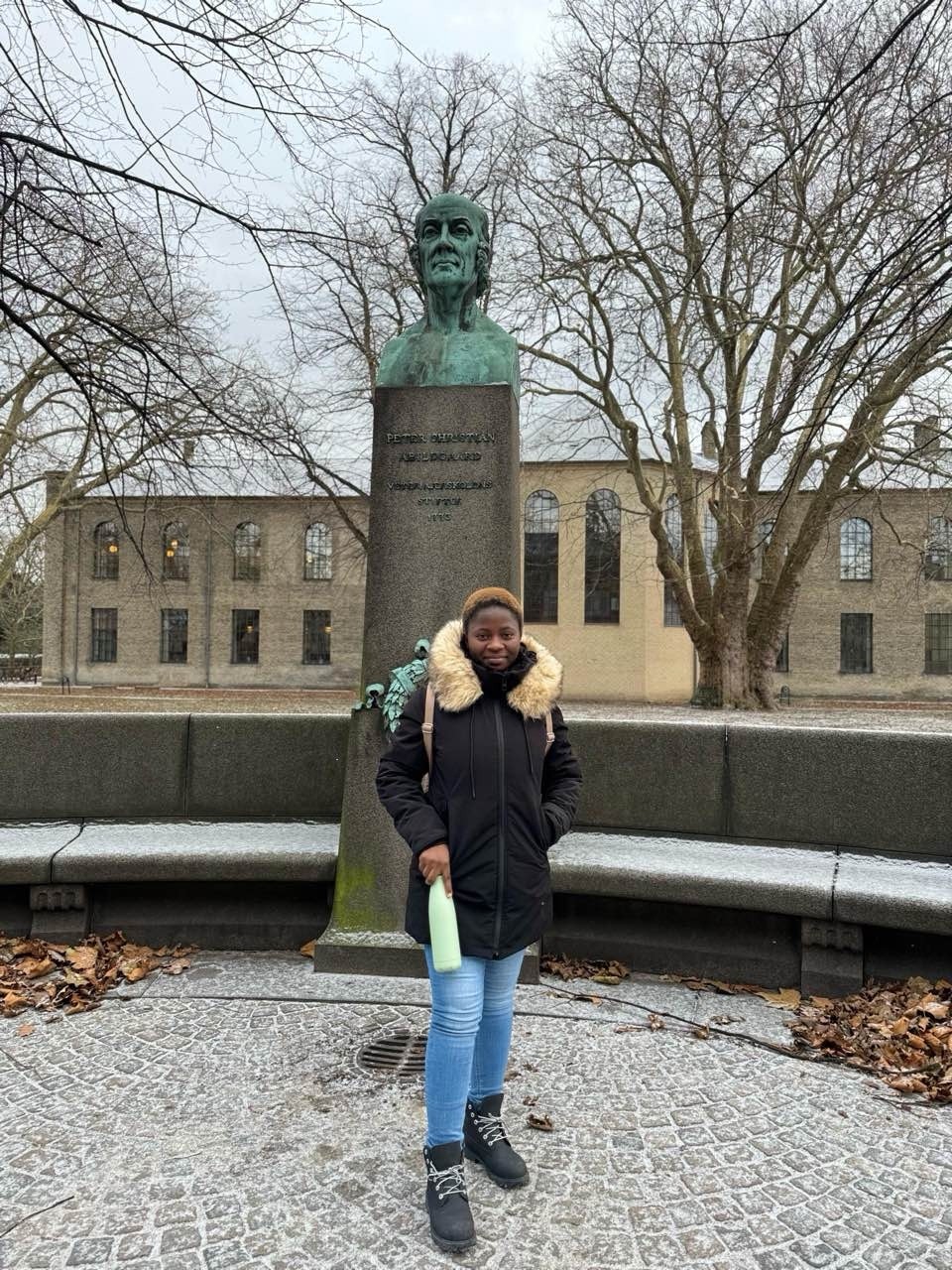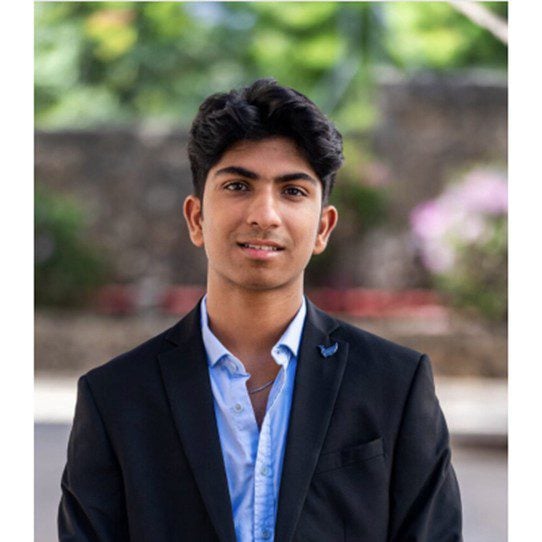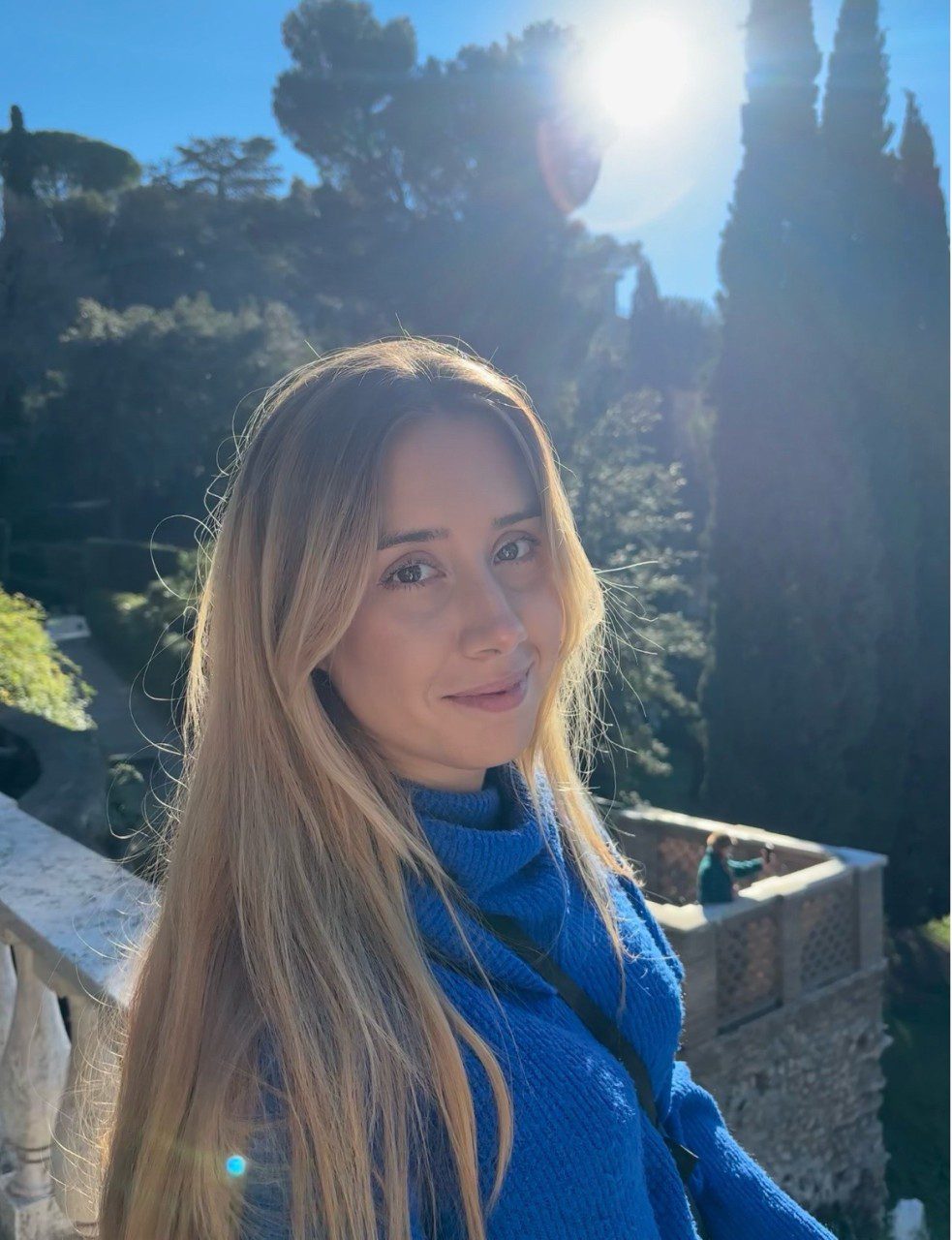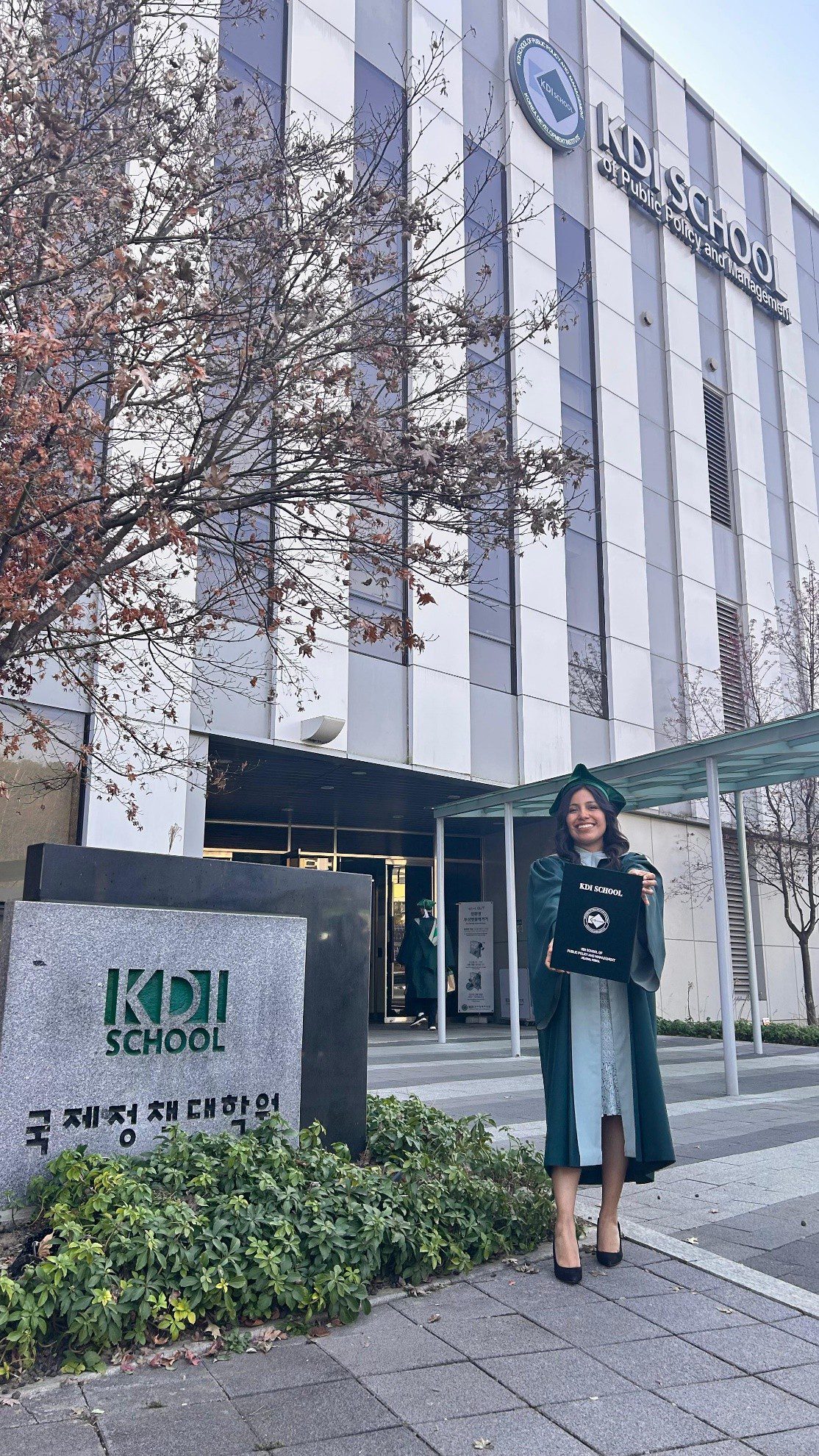How a Nigerian Scholar Won the Fully-Funded Erasmus Mundus Scholarship to Earn a Joint Master’s in Global Forestry at the University of Copenhagen and Technical University of Dresden
University: University of Copenhagen (Denmark), Technical University of Dresden (Germany)
Degree: Erasmus Mundus Joint Master’s in Global Forestry
Previous Education: Bachelor’s in Forestry, Adekunle Ajasin University – Nigeria
Scholarship: Erasmus Mundus Joint Master’s Scholarship – Fully Funded
Social Media
LinkedIn: linkedin.com/in/bolanle-lizzy-bamidele/

The Journey
My name is Bolanle Lizzy Bamidele, a citizen of Nigeria with an academic background in Forestry, which I pursued at the undergraduate level. I had the honour of being selected for the Erasmus Mundus Joint Master’s Degree (EMJMD) in Global Forestry, an interdisciplinary and internationally coordinated program. Through this opportunity, I undertook my studies at the University of Copenhagen in Denmark and the Technical University of Dresden in Germany. This multi-country academic journey significantly deepened my professional expertise and broadened my intercultural perspective.
Educational Background
Before joining the Erasmus Mundus program, I obtained a Bachelor's degree in Forestry from Adekunle Ajasin University, Nigeria. My academic journey was marked by a strong integration of theoretical knowledge and applied research. As part of my undergraduate training, I interned at the Centre for Space Research and Applications at the Federal University of Technology, Akure, where I gained practical experience in Geographic Information Systems (GIS) and remote sensing. This hands-on exposure informed my independent research and led to the development of a preprint publication titled “Geospatial Temporal Assessment and Monitoring of Land Area Carbon: Evidence from Adekunle Ajasin University, Akungba Akoko, Ondo State, Nigeria”, published on ResearchGate.
In addition, I completed an internship at the Forestry Research Institute of Nigeria, where I broadened my understanding of forest resource management, research design, and policy-oriented forestry practices. These cumulative experiences not only strengthened my technical and analytical competencies but also instilled in me a global outlook and academic rigor that prepared me for the interdisciplinary and multicultural demands of the Erasmus Mundus Joint Master’s Degree in Global Forestry.
How Did You Prepare to Apply for the Erasmus Mundus Scholarship?
In preparing to apply for the Erasmus Mundus program, I began by thoroughly researching each program’s curriculum, partner universities, and specific admission requirements. I also reached out to program alumni and joined Erasmus-related forums such as Erasmus-Mundus Nigeria on Facebook to gain practical insights into the application process, program expectations, and student experiences. I carefully tailored my statement of purpose to reflect the interdisciplinary and international nature of the programs, ensuring that my academic background and professional aspirations aligned with the core values and objectives of each course.
In 2021, I applied to several Erasmus Mundus programs, including SUFONAMA, European Forestry, and MEDfOR. Although I was not accepted that year due to the absence of an accepted English language proficiency certificate, I used the experience as a learning opportunity. In 2022, having addressed that gap, I reapplied and was offered admission to three Erasmus Mundus programs: Global Forestry (GLOFOR), MEDfOR, and European Forestry. I ultimately chose GLOFOR, as it came with the full Erasmus Mundus scholarship and offered the strongest academic and institutional match for my career goals.
While I also considered other prestigious funding opportunities such as DAAD, Chevening, and Commonwealth Scholarships, I found the Erasmus Mundus program especially compelling due to the rare opportunity to study across multiple countries. The application process was highly competitive, and I believe my success stemmed from an aligned academic profile, strong research and internship experience, demonstrated leadership, intercultural communication skills, and meaningful community involvement.
Could You Briefly Discuss the Erasmus Mundus Program You Pursued and the Specific Field of Study It Focused On?
I am currently in the second semester of my final year in the Erasmus Mundus Joint Master’s Degree in Global Forestry (GLOFOR), a multidisciplinary program centered on the sustainable management of forest resources amid global environmental change. The program offers a robust academic foundation in tropical forestry, forest policy, climate change, land use governance, and environmental sustainability.
The curriculum is delivered across several prestigious partner universities, including AgroParisTech in France, the Czech University of Life Sciences in Prague, the Technical University of Dresden in Germany, the University of Copenhagen in Denmark, and the University of Padua in Italy. This multi-country structure provides access to diverse research facilities, expert faculty, and a rich multicultural environment that fosters academic excellence and cross-cultural competence.
How Did the Cost of Living Vary Across the Countries You Studied In? Which Country Was the Most Affordable or Expensive, and How Did You Manage Financially?
The cost of living varied significantly between the countries where I studied, with Copenhagen, Denmark, being the most expensive in terms of accommodation and daily expenses, while Germany, particularly Dresden, offered a more affordable living environment. To manage my finances effectively, I maintained a strict monthly budget and prioritized student housing options to reduce costs.
In Copenhagen, to further adapt to the higher living expenses, I adopted cycling as my primary mode of transportation. This not only helped me save on transportation costs but also provided an efficient and healthy way to navigate the city. The Erasmus Mundus scholarship was instrumental in supporting my tuition and living expenses, allowing me to concentrate fully on my academic pursuits.
Did You Face Any Language Barriers, and if So, How Did You Overcome Them? Did the Language of Instruction Change From One Country to Another?
My Erasmus Mundus program was conducted entirely in English, so I did not face any language barriers in my academic studies. The consistent use of English as the language of instruction across all host universities ensured seamless communication with faculty and fellow students.
Although the local languages in Denmark and Germany differed from English, I made efforts to learn basic phrases and cultural norms to better integrate into the communities. This not only enriched my overall experience but also facilitated smoother day-to-day interactions outside the classroom, helping me adapt socially and culturally.
Would You Recommend the Erasmus Mundus Program to Others? What Advice Would You Give to Someone Considering This Scholarship?
Yes, I would highly recommend the Erasmus Mundus program to others, especially to those who are seeking a rigorous academic experience combined with rich cultural exposure. The opportunity to study in multiple countries, engage with diverse perspectives, and build a global network is truly transformative, both personally and professionally.
For prospective applicants, my advice is to start preparing early. Take time to thoroughly understand the structure and focus of the program you’re applying to, and ensure your academic background and career goals align with its objectives. A well-crafted statement of purpose that highlights your motivation, relevant experiences, and adaptability can make a significant difference. I also recommend connecting with current students or alumni through platforms like Erasmus-Mundus Nigeria or LinkedIn for practical insights. Most importantly, be confident in your story, it is your strength!.
Looking Back, Would You Have Done Anything Differently During Your Time in the Program?
Looking back, as someone who had no previous international experience before joining the Erasmus Mundus program, I would have prepared myself more for the cultural and academic transitions, especially in terms of adjusting to new learning environments and building social connections in unfamiliar settings. Although it was initially challenging, the experience pushed me out of my comfort zone and helped me grow both personally and academically. If I could do anything differently, I would have reached out to other international students and support networks earlier to ease the adjustment process. Still, the journey was transformative, and I wouldn’t trade it for anything.
Want to submit your
scholarship journey?
Submit Your Story Here!
More Scholarship Recipients

My name is Arsh Dharani, and I am an international student originally from the Democratic Republic of the Congo (DRC). I am .... Read more

Hi! My name is Arawa. I’m a Marie Skłodowska-Curie PhD researcher working on AI-based neuroimaging biomarkers for Parkins .... Read more

Hello! My name is Alexandra Eras, and I am from Ecuador. I studied Economics and completed a major in Gender, Violence, and .... Read more

Leave A Comment